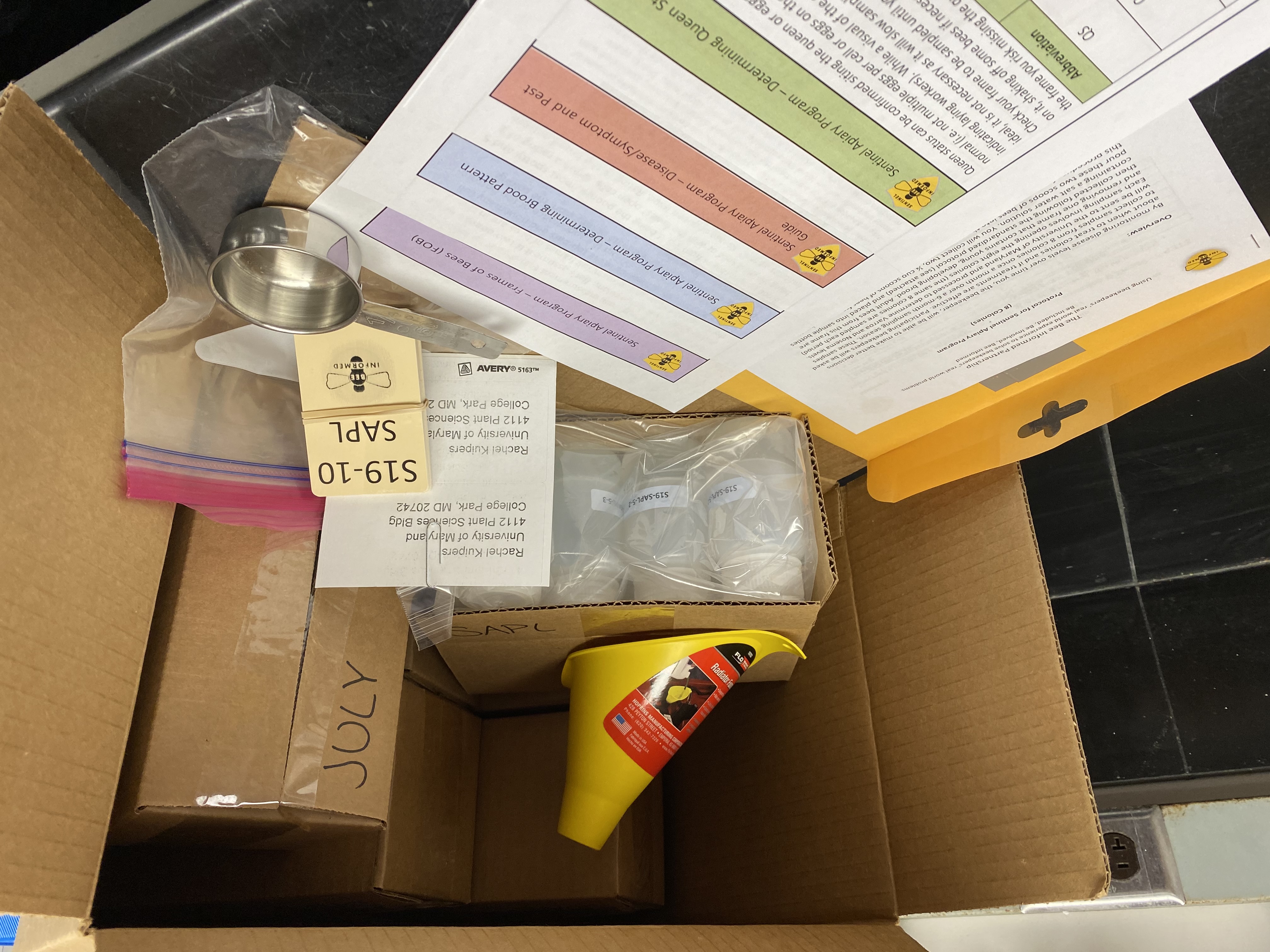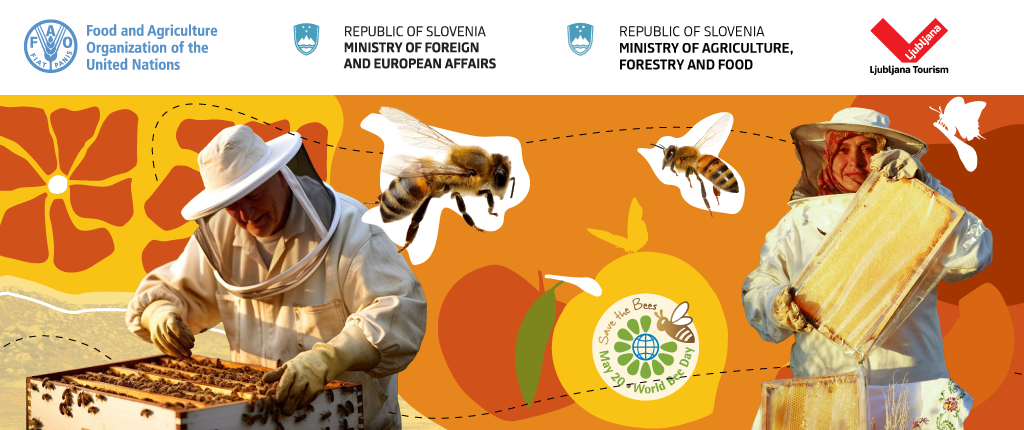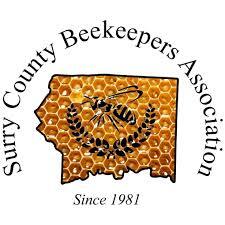How can beekeepers impact honey bee health research?
Since 2015, Bee Informed Partnership’s Sentinel Apiary Program has collected invaluable data that helps researchers answer questions that require access to honey bee colonies from multiple regions of the US. The program teams up with citizen scientist beekeepers across the country in an effort to collect seasonal data (both management and bee samples) from each region in the U.S. In this case, this means data that are collected from the same colonies from May through October, the prime beekeeping season.
The program acts as a learning platform for beekeepers in good record keeping, while providing the accountability component that so many of us need to remember to get into our colonies each month to monitor for Varroa and colony health. Each month, beekeepers perform a hive inspection, take record of colony health and hive configuration, and collect bee samples from each participating hive to send in to the UMD Bee Lab for analysis. Inspection notes are then submitted via the new BIP Research App (available only to BIP participants) and are synced with BIP’s honey bee health database. By using data collected by Sentinel participants, scientists and researchers are able to better understand and answer questions pertaining to regional management actions, how effective treatments were, colony health and size fluctuations, Varroa and Nosema loads and their effect, as well as colony mortality.
Here’s where you can make a difference…
The Sentinel Apiary Program relies solely on citizen scientist beekeepers from all walks of beekeeping to participate and share their data in order for the program to be successful. If you (or your bee club) is interested in contributing to honey bee health research, please consider participating. We are looking for participation in every region! This year BIP has made a game-changing adjustment to the program. As of 2021, participants will be able to purchase a kit of 4, 8, or 12 sample sets and divide them between their own yards or split the kit with fellow beekeepers as long as kits are sent to the lab in a single shipment after sampling. This makes for a fun and safe way to collaborate with your beekeeping friends, gain a deeper understanding of your hive health, and contribute to BIP’s important research on a national level all at the same time!
To learn more about Sentinel or to sign up visit: beeinformed.org/sentinel. If your state or county association is interested in providing partial sponsorship to their members, please contact our Sentinel Apiary Program Coordinator.









